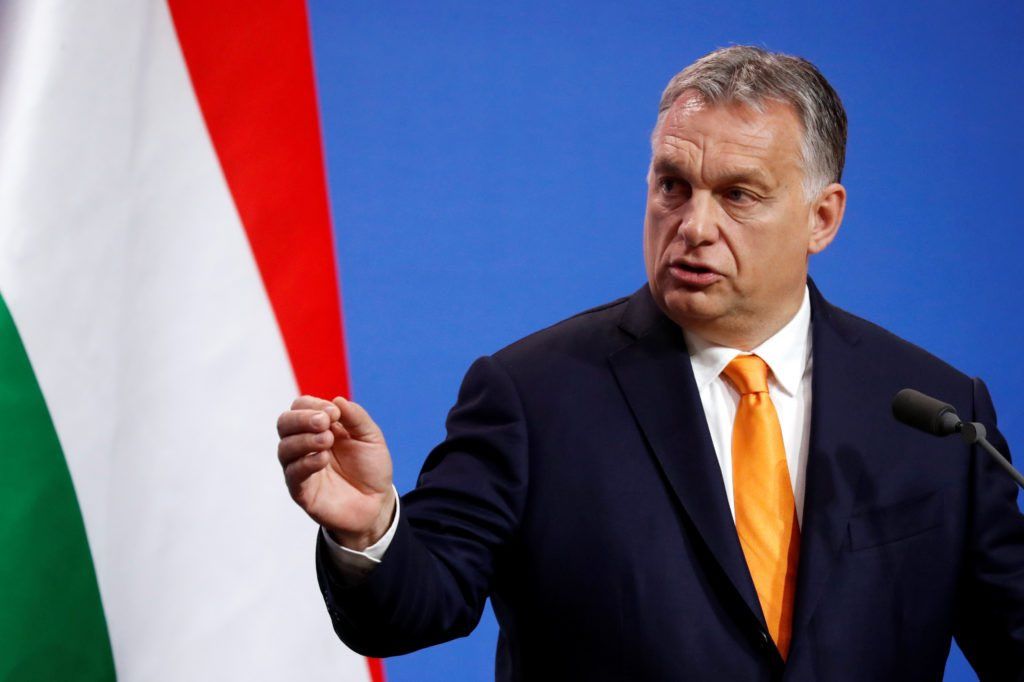Orbán Declares End to Western Hegemony: "A New World Order is Forming," Claims Hungarian PM

BUDAPEST, Hungary — In a bold statement that has reverberated across global political spheres, Hungarian Prime Minister Viktor Orbán has declared that the era of Western global hegemony, which he attributes to the last 500 years, has come to an end. Speaking at the Eurasia Forum in Budapest, Orbán emphasized that the rise of Asian powers signifies a shift towards what he calls "the century of Eurasia."
Orbán's remarks challenge the longstanding perception of Western dominance in global affairs, suggesting that Europe and the United States must adapt to a new reality where Asian nations, particularly China, play a more significant role. He stated, "The idea that the whole world should be organized on a Western model has failed. We are now witnessing the emergence of a new world order, where Asia is not just a player but increasingly the dominant center."
This statement from the Hungarian leader has sparked diverse reactions. Critics argue that Orbán's comments reflect his government's often contentious relationship with Western policies, especially within the European Union, while supporters see it as an acknowledgment of changing global dynamics.
Orbán's speech comes amid a broader discourse about the decline of Western influence, with other world leaders and analysts also noting shifts in economic power and geopolitical influence towards Asia. The Prime Minister hinted at the need for Europe to reevaluate its strategic partnerships, particularly with Asian countries, to navigate this new geopolitical landscape effectively.
The declaration has been met with both skepticism and analysis in international media, with some viewing it as part of Orbán's strategy to assert Hungary's position in global politics, while others interpret it as a call for a more multipolar world order.
Reactions on platforms like X showed a mix of support for his views on the need for a new global balance, and criticism from those who see his comments as undermining the importance of Western values and institutions. The conversation around this topic is likely to continue, influencing discussions on international relations, economic policies, and cultural exchanges in the coming months.
